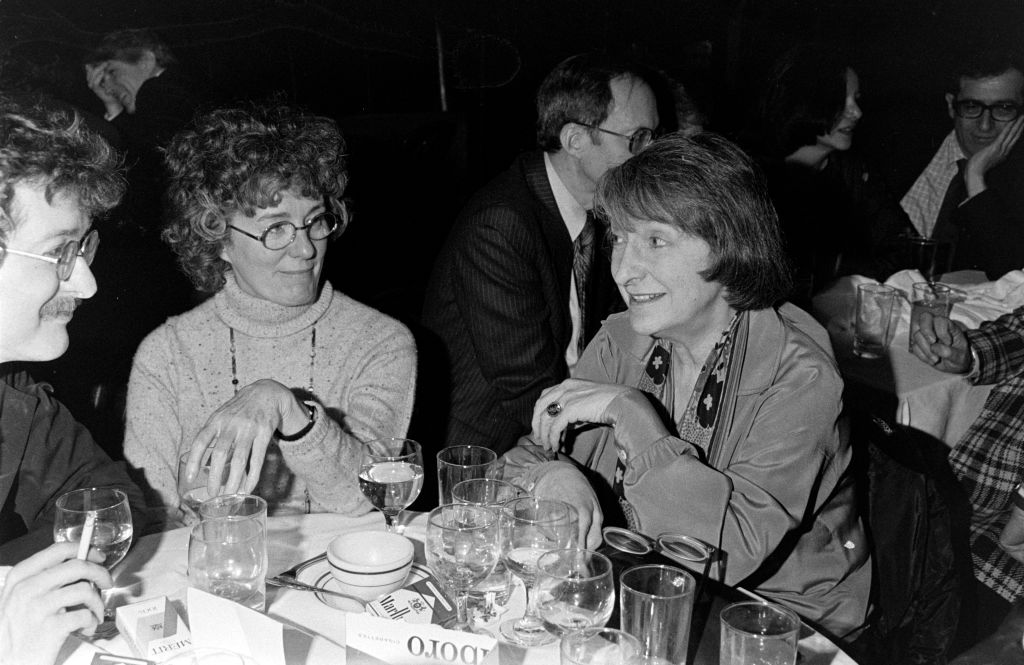If you're a Pal-level subscriber at Defector, you get access to a premium weekday newsletter called The Cipher, which has a recap of the blog day, links to other sites, and extra takes and bits from staffers. You can change your newsletter preferences or upgrade your subscription at the My Account page. Here's a piece from the newsletter archives.
I had never read any of Pauline Kael's movie writings before. Her books are mostly big collections of movie reviews, one after another, and that format didn't really appeal to me. But I found a couple of her long essays online this week, and they were incredible.
Roger Ebert, patriarch of modern movie critics, was so good because he combined a highbrow well of knowledge with middlebrow sensibilities, which clicks perfectly with an art form as multitudinous and yet mainstream as film. But Kael's unpredictable passions are impossible to sum up so succinctly, and she's all the more magnetic for it. Reading her is like hearing someone relentlessly pound on your door late at night—you have to open it, either to yell at her or let her in. It's just impossible not to have some sort of reaction to her takes, especially when she's so efficiently withering. In a small piece of this definitive biography of Cary Grant, she KOs two beloved actresses with one swing:
And though she is often funny, she overdoes the coy gurgles, and that bright, toothy smile of hers–she shows both rows of teeth, prettily held together–can make one want to slug her. The ancestor of Julie Andrews, Irene Dunne has a bad habit of condescending to anything oddball her character does–signaling the audience that she’s really a lady playacting.
Here are some things that make me want to punch Irene Dunne. Oh, by the way, Julie Andrews too. Jaw-dropping stuff.
The other piece I read was "Trash, Art, and the Movies," which is in some ways a manifesto against manifestos, or an explanation for how she was able to zig and zag so freely among the critical elite and the Saturday-night crowds. "Technique is hardly worth talking about unless it’s used for something worth doing" is a line that will stick with me for a while, as will this poke, 50 years ahead of time, at a type of fandom that has a chokehold on pop culture today:
They don’t see the movie as a movie but as part of the soap opera of their lives. The fan magazines used to encourage this kind of identification; now the advanced mass media encourage it, and those who want to sell to youth use the language of “just let it flow over you.” The person who responds this way does not respond more freely but less freely and less fully than the person who is aware of what is well done and what badly done in a movie, who can accept some things in it and reject others, who uses all his senses in reacting, not just his emotional vulnerabilities.
Read these pieces to see how an intelligent critic can write when they're unburdened by the fear of anybody disagreeing with them.
Thank you for your continued support of Defector. See you later.






